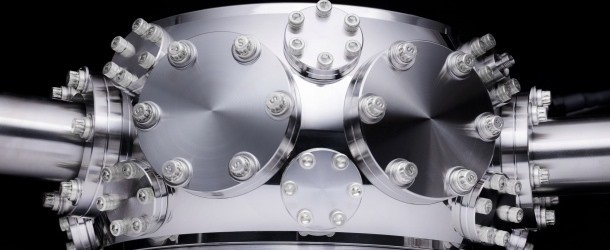Why Honeywell Can’t Claim ‘The World’s Most Powerful Quantum Computer’

(VentureBeat) Emil Protalinski writes, “The validity of Honeywell’s claim that it will release the world’s most powerful quantum computer depends on two things: quantum volume being an accepted measure and time working in Honeywell’s favor.”
Honeywell projects that its quantum computer will have a quantum volume of 64, or “twice that of the next alternative in the industry” — hence its claim of “world’s most powerful quantum computer.” The “next alternative in the industry” is IBM, which also happens to be the sole alternative. IBM and Honeywell are the only companies that use quantum volume as a measuring stick. Minutes after Honeywell’s announcement dropped, IBM emailed us to say it is “excited to see the wider quantum computing community embrace the quantum volume metric, which IBM first developed in 2017.”
Others shrugged: D-Wave said quantum volume doesn’t fully capture the nuances of different approaches to quantum computing and applications. IonQ pointed to the fact that quantum volume doesn’t take use cases into account. And Rigetti said it doesn’t have a strong stance on quantum volume because it only cares about quantum advantage.
A lot can happen in three months. Within the next three months, IBM could release a quantum computer with a quantum volume of 64. Or a third contender that uses quantum volume could enter the race and happen to hit that number.
Honeywell counting its chickens before they hatch because quantum volume is an unused metric. Honeywell is thus betting that IBM won’t have a breakthrough in the next three months and nobody else will bother with quantum volume.
Honeywell Plans to Introduce Early-Stage, Trapped-Ion Quantum Computer Within Three Months


















